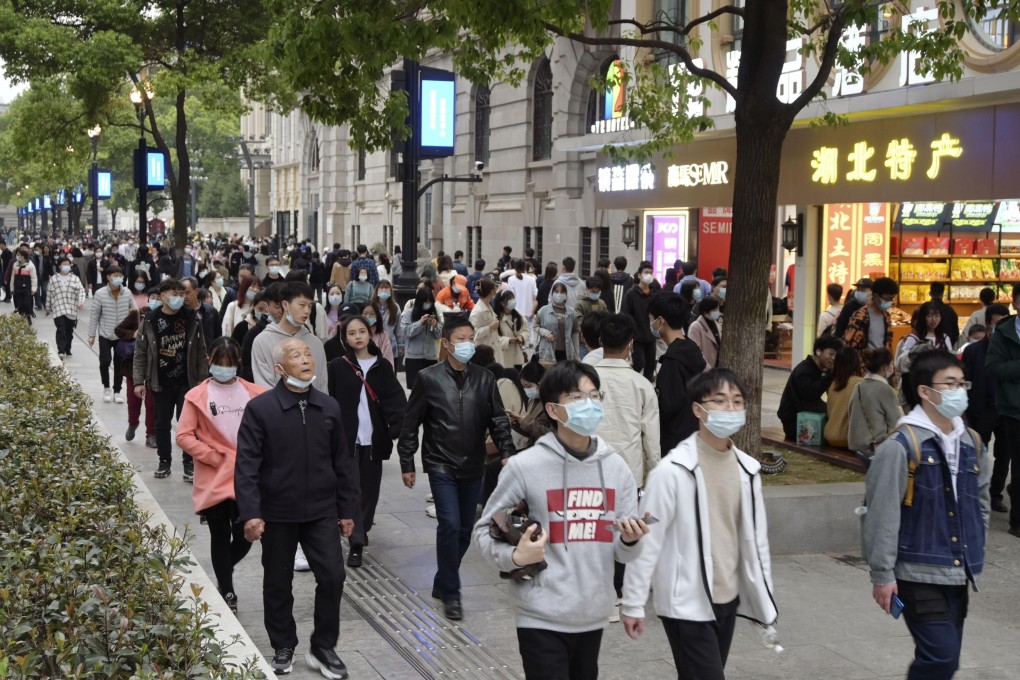Advertisement
Editorial | China right to warn of inflation threat
- With the world’s richest countries about to spend their way out of the pandemic crisis, a tougher monetary policy will be required from Beijing as the prospect of higher interest rates looms
Reading Time:2 minutes
Why you can trust SCMP

Austerity is no longer in the vocabulary of the Group of Seven rich countries. At their latest summit, the G7 leaders agreed that they were ready to spend their way out of the pandemic crisis.
The Europeans and other English-speaking countries are set to follow Washington’s drastic fiscal expansion and stimulus.
Where this will lead is anyone’s guess. Unwelcome hot money, though, is almost guaranteed to slip into developing economies, especially China’s.
Advertisement
No wonder Beijing is worried. Chinese regulators and central bankers have been right to raise alarms about the fiscal responses of rich countries, which have increased inflation risks worldwide.

02:01
China’s economy expands record 18.3 per cent in the first quarter of 2021
China’s economy expands record 18.3 per cent in the first quarter of 2021
The actions of some developed countries and their potential side effects do not inspire confidence. US President Joe Biden is pushing for an almost US$6 trillion stimulus package next year.
Advertisement
Advertisement
Select Voice
Choose your listening speed
Get through articles 2x faster
1.25x
250 WPM
Slow
Average
Fast
1.25x
